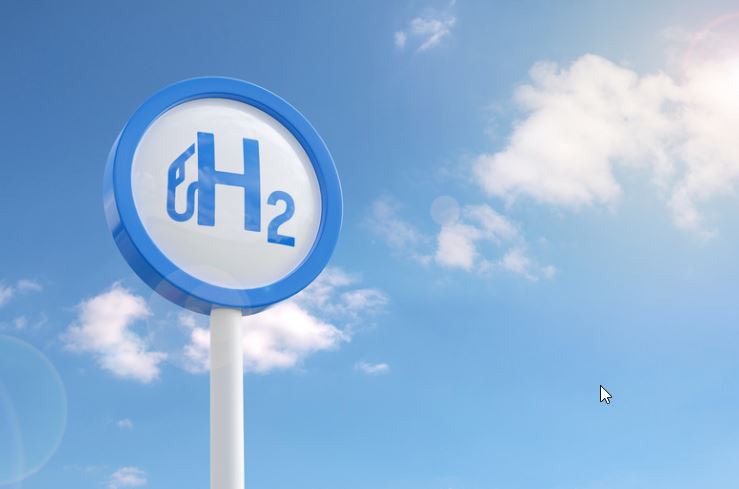Daimler, a frontrunner in automotive innovation, is spearheading a paradigm shift in heavy transportation with its pioneering liquid hydrogen technology.
While battery electric systems dominate discussions around light transportation, Daimler’s focus on liquid hydrogen presents a compelling alternative for heavier vehicles, promising extended ranges and swift refueling times.
Collaborating with Linde Engineering, Daimler has engineered a cutting-edge refueling system designed to leverage the advantages of liquid hydrogen. The first deployment of this system will be witnessed at the Mercedes-Benz plant in Wörth am Rhein, marking a significant milestone in hydrogen-powered heavy transportation.
Liquid hydrogen offers a multitude of benefits over traditional fuel cell technology, notably higher storage density, translating to enhanced range per charge. Moreover, the refueling process is significantly expedited, with Daimler’s sLH2 filling station capable of refueling a 40-tonne heavy truck with 80 liters of liquid hydrogen in just 10 to 15 minutes. Real-world tests conducted by Mercedes have showcased the feasibility of this technology, with a prototype truck traversing over 1,000 kilometers on a single tank.
The sLH2 pump employed by Mercedes optimizes the refueling process by slightly increasing the pressure of liquid hydrogen, resulting in subcooled liquid hydrogen that reduces energy losses during refueling. Notably, this technology eliminates the need for data transmission between the vehicle and the filling station, streamlining the refueling experience.
Despite its promise, the widespread adoption of liquid hydrogen faces significant challenges, particularly the absence of a refueling network. Currently, initiatives in this domain remain limited to pilot projects, necessitating a comprehensive infrastructure rollout. Daimler must navigate the task of persuading operators to invest in this promising yet nascent technology, emphasizing the need for standardized development and deployment protocols.
While Daimler’s liquid hydrogen initiative holds immense potential, its full realization may be delayed until the end of the decade, awaiting the establishment of a robust refueling network. In the interim, advancements in battery technology pose a formidable challenge, complicating the investment case for hydrogen. Nonetheless, Daimler’s steadfast commitment to innovation signals a transformative shift in heavy transportation, heralding a future where liquid hydrogen plays a pivotal role in shaping sustainable mobility solutions.
